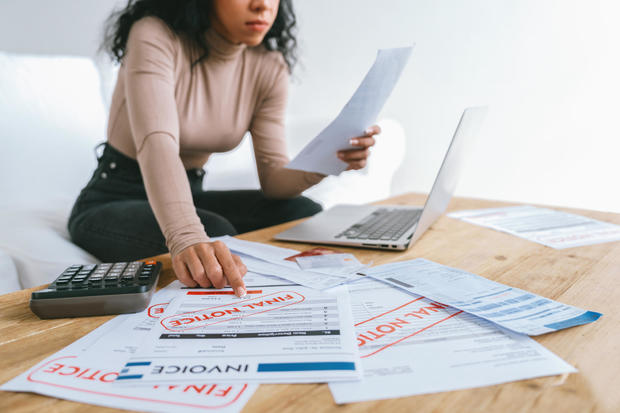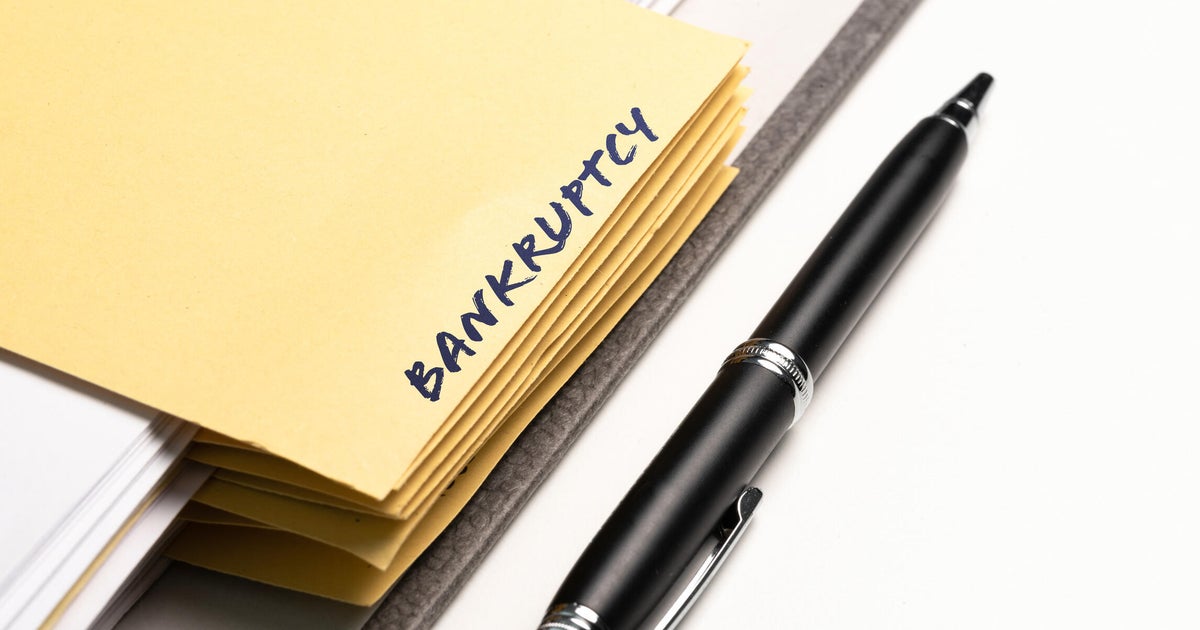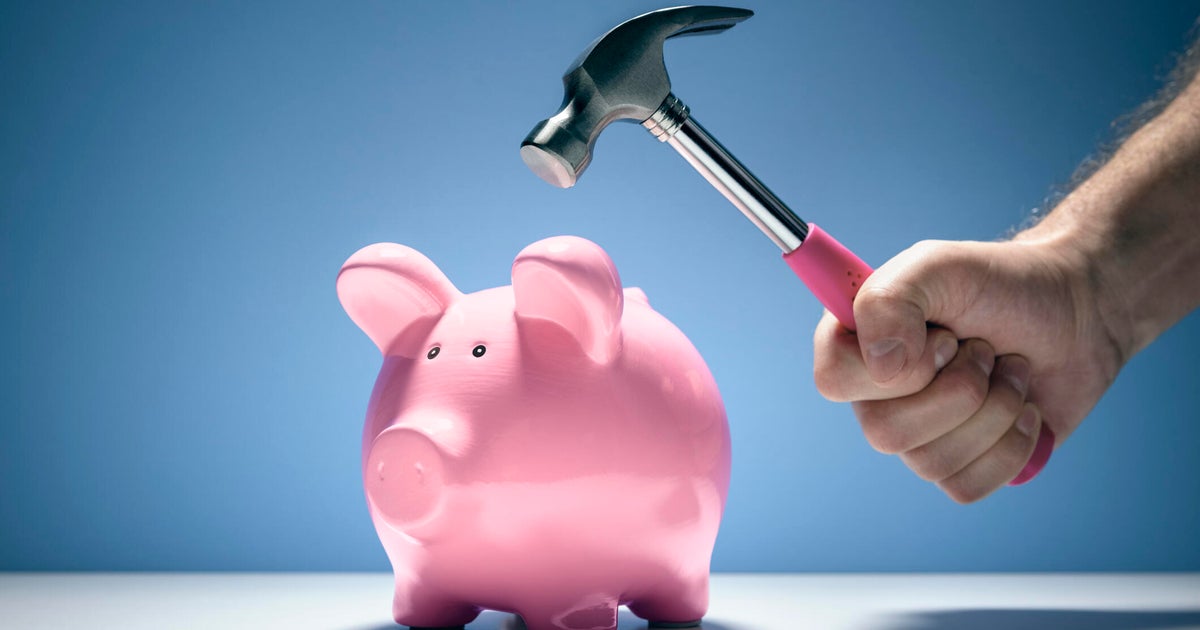When will my credit card debt become uncollectible?
Many Americans struggle with credit card debt, with the average credit card user carrying a balance of $6,329. "[The current] economy, with its high interest rates and job insecurity, has led many to rely on credit cards [for basic expenses]," says Vonda Copeland, co-owner of Copeland Insurance Agency. Unfortunately, this often leads to falling behind on payments.
Copeland points out that loss of income, medical emergencies and poor financial literacy are common causes of debt problems. They can spiral out of control, leading some to wonder: What happens when credit card debt becomes overwhelming? Is there a point where it's no longer collectible?
We spoke with four financial experts to determine when, exactly, credit card debt becomes uncollectible. Below, they share the implications and how you can take control of your financial future with effective debt relief strategies.
Find a solution to your credit card debt here.
When will my credit card debt become uncollectible?
The process of credit card debt becoming uncollectible begins when payments stop.
According to James Lambridis, founder and CEO of DebtMD, creditors sell unpaid debt to collection agencies after three to six months. These agencies will then "attempt to recoup the debt, but only 20-40% of the original balance," he explains. If it remains unpaid, the debt becomes uncollectible after several years. The exact timeframe varies by state.
Let's examine how debt becomes uncollectible, why your location matters and what happens when it does.
Start tackling your expensive card debt now.
How credit card debt becomes uncollectible
Credit card debt can become uncollectible through several routes. Kristy Kim, CEO and co-founder of TomoCredit, outlines three main paths:
- Expiration of the statute of limitations
- Bankruptcy filings
- Creditor's decision to write off the debt
The most common path involves the statute of limitations. When a borrower stops making payments, creditors start collection efforts through calls and letters.
"If the debt remains unpaid for the duration specified by the statute of limitations — usually between three to ten years depending on the state — the creditor loses the legal right to sue for repayment," Kim says.
At this point, the debt becomes "time-barred" and legally uncollectible.
Alternatively, when someone declares bankruptcy, their debt might be wiped out completely — depending on the bankruptcy type they filed. In some cases, creditors may eventually write off the debt as a loss if they deem collection efforts futile.
Location-specific considerations
Where you live affects when your credit card debt becomes uncollectible.
"The federal government doesn't legislate [statute of limitations], which means it falls to each state to decide," says Howard Dvorkin, CPA and chairman at Debt.com. For example, "if you live in New Hampshire, [the statute of limitations is] only three years … but if you live in Kentucky, it [extends to a full decade]."
What happens when credit card debt becomes uncollectible?
When debt becomes uncollectible, creditors lose their legal right to sue or garnish wages. This can bring relief to borrowers as they're no longer obligated to pay.
However, Kim notes there's a catch. "The debt may still appear on [your] credit report for up to seven years," Kim says.
This can hurt your credit score and make it harder to get new credit. And while creditors can't pursue legal remedies, they may still attempt to contact you and collect the debt.
Debt relief strategies to consider
Below are six "debt relief do's" to address credit card debt before it becomes uncollectible, according to the financial experts we interviewed:
- Create a detailed budget: Track your income and expenses to find areas where you can cut costs and allocate more money toward debt repayment.
- Use debt repayment methods: Try the snowball method (paying off small balances first) or the avalanche method (tackling debts with the highest interest rates first) to reduce your debt.
- Pursue credit card debt forgiveness: Many creditors are willing to work with customers in financial distress. Negotiate lower interest rates or a more manageable payment plan before defaulting.
- Consider debt consolidation: A debt consolidation loan can help lower your monthly payments and interest rates.
- Seek debt relief help: If you're overwhelmed, consult a nonprofit credit counseling agency for guidance and support.
- File for bankruptcy: In last-resort cases, bankruptcy can give you a fresh start. But only consider this after exhausting all other options.
The bottom line
Knowing the timeline for uncollectible credit card debt matters, but taking action before you reach that point is the real key to financial health. Stay proactive by monitoring your payment history and knowing your state's debt laws.
Starting to miss payments or see your balances creep up? Don't wait for collection notices to take action. Reach out to financial advisors or credit counselors at debt relief companies now to weigh your options. They can help you create a plan that fits your unique situation.




